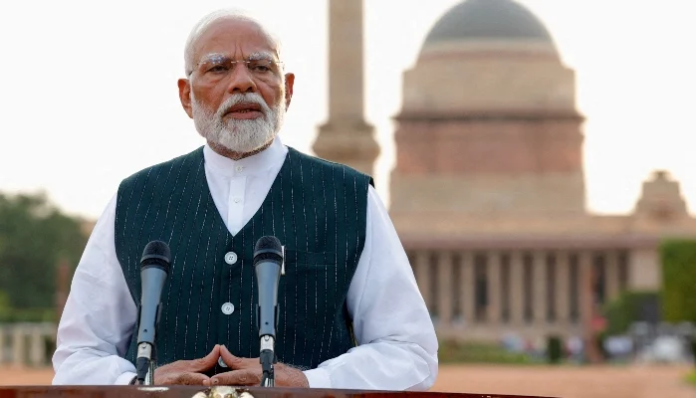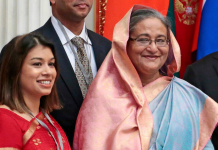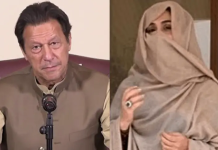NEW DELHI, May 21 (DNA): The Indian government has initiated legal proceedings against academics, journalists, and private firms perceived as critical of its recent military operation against Pakistan, including the arrest of a professor who publicly criticised pro-war sentiments.
According to a report by The New York Times, the Modi administration has, over the past decade, frequently responded to dissent with criminal charges, legal probes, and travel restrictions.
The current clampdown underscores the government’s sensitivity to political criticism following a four-day military conflict that concluded through external mediation.
The academic who was arrested, Ali Khan Mahmudabad, had cheered on his country’s armed forces during the military face-off, as had millions of other Indians. But he also criticised “those who are mindlessly advocating for a war.”
India struck Pakistan after a massacre of 26 people, all but one of them Hindu tourists, on April 22 in Indian Illegally Occupied Jammu and Kashmir (IIOJK). On Instagram and on Facebook, Mahmudabad said that as India hungered to avenge the Hindu tourists’ deaths, it should not forget the deepening persecution of the country’s minority Muslim population.
Three days after his initial post, Mahmudabad, a professor of political science at Ashoka University and a scion of Indian Muslim nobility, wrote another one, scolding “the blind bloodlust for war” even after a cease-fire had been declared the evening before.
Around 6:30am on Sunday, Mahmudabad, 42, was arrested at his residence in Delhi on charges that included threatening India’s sovereignty. A formal complaint against the professor had been lodged the previous night by a resident of Haryana, the neighbouring state where Ashoka University is based, according to his lawyer, Mohammed Nizamuddin Pasha.
Modi’s party, the Bharatiya Janata Party, is in power in Haryana. Mahmudabad, whose legal name is Mohammad Ali Ahmad Khan, faces three years to life in prison.
Pasha said that there were errors and irregularities in the complaint, which confused Instagram and Facebook posts with those on X. The police, Pasha said, had told the court that they needed to hold his client for seven days, “so they could drive him to his hometown to retrieve his laptop. But I pointed out that hardly anybody makes social media posts from their laptops.”
As India’s government has moved to restrict what can be said about the confrontation with Pakistan, a welter of Indians have come under pressure.
The social media platform X complained after the first night of the conflict that Modi’s government had asked it to block more than 8,000 accounts based in India. The Information and Broadcasting Ministry defended the request by saying it was blocking Pakistani content under the wide banner of “content which affects the sovereignty and integrity of India.”
On Sunday, Nitasha Kaul, a British Indian academic based in London, announced that the Indian authorities had barred her from returning to visit India, where she was born and where her mother still lives.
Kaul’s academic work concerns feminism, nationalism, Kashmir and other sensitive issues. The official notification she received said that she had been “found indulging in anti-India activities, motivated by malice and complete disregard for facts or history.”
“There is a link between what is happening in India and what is happening abroad to academics,” Kaul said in a telephone interview. “If I write about Islamophobia and India, which I have, they don’t like that, and in order to suppress that, they make examples of people like me and him because they want to send a signal that if you do this we will punish you.”
Last week, an owner of Gujarat Samachar, a newspaper that has been covering the career of Modi with a critical eye for more than 20 years, was arrested by tax-enforcement authorities.
Rahul Gandhi, the leader of the opposition in Parliament, said on X that the arrest was part of a “conspiracy to suppress the voice of the entire democracy.”
The newspaper’s account on that platform was among those that were blocked by the Indian government while the fighting raged.
Businesses are also being penalised for appearing to be close to Modi’s critics.
They include Celebi Airport Services, a private company based in Istanbul that runs ground handling operations at airports in India. Its license in India was revoked on grounds of national security, after the government of Turkey stood by Pakistan in the recent hostilities with India.
While Modi’s government has long punished critics, some analysts had detected a loosening of repression since he lost his parliamentary majority in last year’s election.
Reporters Without Borders, an international watchdog, now ranks India as 151st for press freedoms among 180 countries, an improvement from 159th place the year before.

















